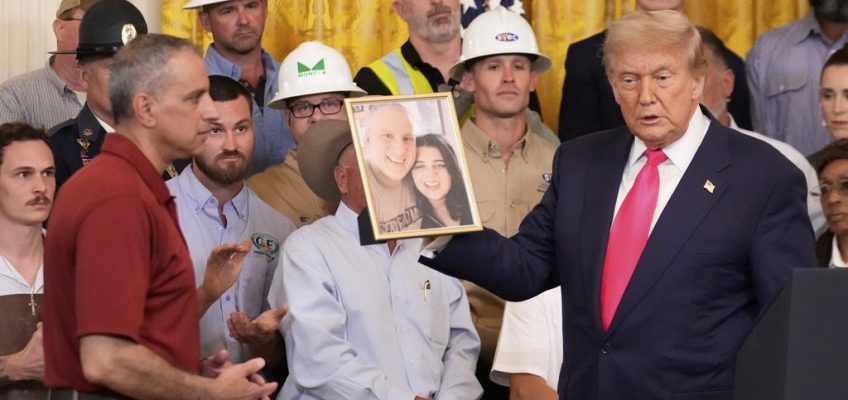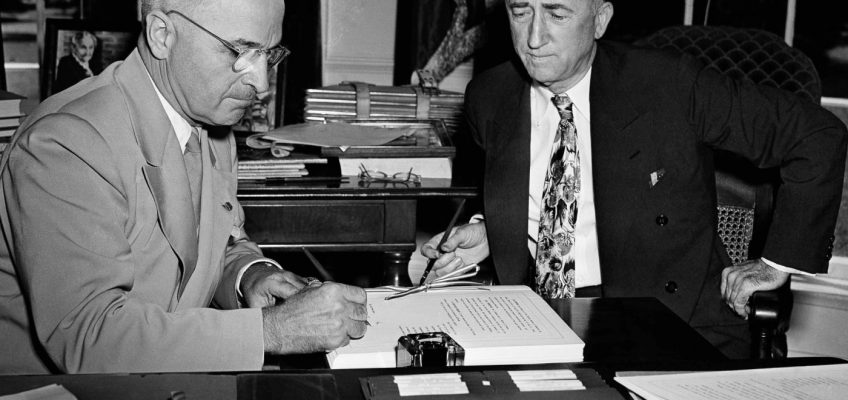A ladder truck, an angle-grinder, a maxi-scooter and seven minutes. That appears to be all it took for thieves to nab priceless jewelry from the Louvre, the world’s most-visited museum. The vulnerability of this cornerstone of French soft power adds to the country’s sense of malaise, and fingers are being pointed over apparent security flaws.
But it speaks to something much broader, too: Criminals’ boundless hunger for gold and other precious metals and gems — not fine art — as the value of these commodities soars.
Museum raids are becoming ever more audacious as the gold price has doubled in a year — and jumped tenfold in two decades. A stampede of investors fleeing erstwhile safe assets such as government bonds is making real stuff you can keep in safes or vaults hugely desirable. The smash and grabbers are taking note. Just last month thieves used a blow torch and an angle-grinder to steal $699,000 worth of gold nuggets from the Paris Natural History Museum.
And back in November four masked men brazenly smashed display cases in the Cognacq-Jay Museum in the French capital and made off with seven 18th-century snuff boxes. Five of the seven have been recovered, according to Paris’s museum association, but people working in this corner of the art world are in a state of perpetual anxiety.
Is France a soft touch? Three heists in the space of a year does start to look careless. Louvre employees have warned about staff shortages before and they went on strike in June. But nowhere looks secure. In January robbers blew up the door to the Drents Museum in the Netherlands to loot artifacts including a gold helmet from around 450 BC.
Some thieves have started to break down stolen gold in the getaway van, ready for smelting, according to accounts from the art-dealing fraternity. A $6 million gold toilet was ripped out of England’s Blenheim Palace a few years back, ostensibly for its metal value.
The shambolic nature of the Louvre caper suggests a new level of boldness for even the lower reaches of organized crime as they look for a slice of a booming market for illicit art and antiquities, estimated at $2 billion-$6 billion.
Like cybercrime and digital currency scams, it’s all an unhappy byproduct of our increasingly cashless existence. With fewer banks to rob and less money held in shop registers, those who like to do their thieving in the real world have been turning to newly loaded cryptocurrency entrepreneurs or looking for easily lifted items like top-end watches. Art exhibits now find themselves at the more rarefied end of this unpleasant business.
This will only add to the misery of small museums, three out of five of whom say they’re worried about their future as footfall declines and costs rise. How can they fund extra security in that environment? What makes the Louvre a “slap in the face” for all museums, as art detective Christopher Marinello puts it, is that if it can happen to the grand old lady of such establishments, what hope do others have? It has already been slated to receive a lavish $900 million-plus makeover. The less exalted won’t be so lucky.
What happens next? The entire French state has been put into gear to track down the miscreants. The tiaras, brooch, necklaces and earrings from the collection of Empress Eugénie and assorted royals may be difficult to launder even if they’re broken apart and sold in hard-to-identify pieces. Security measures will be beefed up. The art community is on red alert.
But what can it do to stop the next band of chancers? Museums will need to be far more careful about crudely luring visitors with the value of their exhibits, as will collectors. Magistrates will be under pressure to hand down tough sentences to deter copycats.
And outsiders are not the only threat. The British Museum sacked a staff member in 2023 after about 2,000 treasures were reported missing, stolen or damaged. It’s all very different from the epoch-defining theft of the Mona Lisa from the Louvre a century ago, which ended up inflating its legend. With today’s Arsene Lupins having their eye squarely on shiny metals and not Da Vincis, it looks like the gold boom has made philistines of us all.
Lionel Laurent is a Bloomberg Opinion columnist writing about the future of money and the future of Europe. Previously, he was a reporter for Reuters and Forbes.
Related Articles
John M. Crisp: How do you know when you’ve become an autocracy?
Allison Schrager: The era of the illiquid millionaire is here
Nafees Alam: The post-Trump GOP — potentially the party of the sensible center
Bret Stephens: Why Mamdani frightens Jews like me
Ross Douthat: Amy Coney Barrett is looking beyond the Trump era




